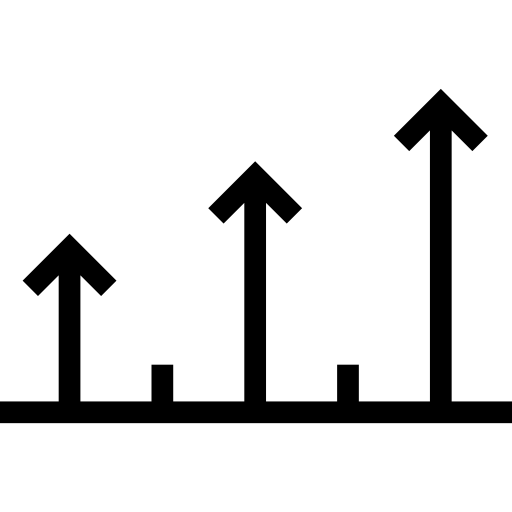
Starting date : Dec. 2019 > Nov. 2022
Lifetime: 48 months

Program in support : H2020 LC-BAT-5-2019: Research and
innovation for advanced Li-ion cells
(generation 3b)

Status project : in progress

CEA-Leti's contact :
Vincent Heiries
Bernard Strée

Project Coordinator: Institut de Recerca en Energia de Catalunya (ES)
Partners: - BE: Interuniversitair Micro-Electronica Centrum
- DE: Aentron, CARISSMA University, Fraunhofer, Infineon, Liacon
- ES: Bax, CIDETEC, Eurecat, IDIADA
- FR: CEA-Leti, CEA-Liten, Solvionic
- NL: TNO
- NO: Ceramic Powder Technology, Resitec
- SE: Stockholm University, Uppsala Universitet
- TR: AVL

Target market: n/a

Investment: € 11.8 m.
EC Contribution: € 11.8 m.
| Stakes
CEA-Leti’s involvement in the COBRA project comprises two main tasks: new sensing functionalities for battery monitoring and digital communication inside the battery pack.
CEA-Leti is tackling the problem of monitoring the battery pack to prevent it failing. Monitoring is currently performed by a set of electronic boards connected to the battery cells on one side and to a central management unit on the other side. These components usually take voltage and temperature measurements, but additional measurements such as current, strain or impedance, can be included. These multiple monitoring signals represent many battery pack internal cables that have to be designed, installed, controlled and maintained. Furthermore, to ensure optimum monitoring of ever denser lithium cells, the number of cellbased sensors will need to increase to guarantee an acceptable safety level. If all these sensors were to be connected by cables to the electronic management units, this would represent a loss of mass energy density at battery pack level.
CEA-Leti’s first objective in COBRA is therefore to develop an architecture, in which each cell is associated with a small electronic circuit embedding sensing capabilities, closely connected to the cell and communicating wirelessly with the central management unit. The Institute will develop an asynchronous, robust, distributed and multiplexed optical communication system that can be integrated into low-cost, very low-power electronics.
Secondly, CEA-Leti is addressing the problem of battery critical failure monitoring through investigation of a new monitoring device: a gas sensor. Failure of a battery element is generally accompanied by emission of volatile chemicals due to degeneration. Detecting these emissions at earliest stage would prevent deep damage of critical battery elements. A sensor for measuring these VOCs in real time is therefore of prime importance.
The objective is therefore to develop a sensor suitable for detecting target chemicals that indicate battery pack status and possible degradation.
The outcome of the COBRA project will be a unique battery system that merges several sought-after features including higher energy density, low cost, increased cycles and less critical materials. To achieve these ambitious objectives the project team will upgrade electrochemical performance by focusing on a Co-free cathode and an advanced Si composite anode and electrolyte/separator. It will develop cell manufacturing and testing for electrical and electrochemical performance, leverage the use of smart sensors and advanced communication to optimize the system control, and ensure battery pack manufacturing that delivers cost effectiveness and environmental sustainability over the battery’s lifetime. The proposed Li-ion battery technology will be demonstrated at TRL6 (battery pack) and validated on an automotive EV testbed. The involvement of several leading battery manufacturers will ensure easy adaptation to production lines and scale-up. This will contribute to higher market adoption, while helping to strengthen Europe’s position in the field. The project is enjoying the participation of three universities, seven RTOs, four SMEs and five manufacturers, thereby covering the entire value chain and strongly committing the EU battery industry.
IMPACT
The COBRA project aims to improve all aspects of batteries and to develop competitive battery technology based on performance, cost and an environmental and social perspective. Apart from eliminating cobalt in the electrode, COBRA proposes 50% increase in existing EV battery energy density and a reduction in battery CO2 footprint by decreasing primary material in favor of recycled material. Moreover, COBRA targets a 50% reduction in the battery pack price to improve the competitiveness of the European battery industry.
|
|